Important safeguarding information to help early years settings understand the definitions and categories of abuse and neglect and to consider how they may present when working with babies and young children.
The Early Years Foundation Stage states that;
‘Training made available by the provider must enable staff to identify signs of possible abuse and neglect at the earliest opportunity, and to respond in a timely and appropriate way’.
There are 4 categories, they are neglect, emotional, physical and sexual abuse.
Let’s take a look at neglect, the highest category of all.
Neglect
Neglect is a pattern of failing to provide for a child’s basic needs, whether it be adequate food, clothing, hygiene, supervision or shelter. It is likely to result in the serious impairment of a child’s health or development.
Children who are neglected often also suffer from other types of abuse. It is important that practitioners remain alert and do not miss opportunities to take timely action. However, while you may be concerned about a child, neglect is not always straightforward to identify. Neglect may occur if a parent becomes physically or mentally unable to care for a child. A parent may also have an addiction to alcohol or drugs, which could impair their ability to keep a child safe or result in them prioritising buying drugs, or alcohol, over food, clothing or warmth for the child.
Neglect may occur during pregnancy as a result of maternal drug or alcohol abuse.
Source; ‘What to do if you’re worried a child is being abused’ – Advice for practitioners (2015) The EYFS says that providers may find this guidance ‘helpful’. We advise further reading of this document.
Neglect may present in young children in a number of ways, this could include;
- Children presenting with poor hygiene
- Poor dental health
- Poor diet or insufficient food
- Gorging on, scavenging for food
- Medical needs not attended to or missed health appointments
- Inappropriate clothing for the weather
- Persistent and non- treatment of head lice
- Persistent illness that goes untreated
- Children left alone at home or inappropriate supervision, supervisors of children
- Children of parents who are substance abusers, have poor mental health or live in homes where domestic violence occurs.
Early Years Hub provide training and consultancy on early years themed subjects including extensive Safeguarding and Child Protection advice. Our safeguarding courses are delivered on behalf of a number of Local Safeguarding Children Boards (LSCB’s) in the North West. Contact us to find out more

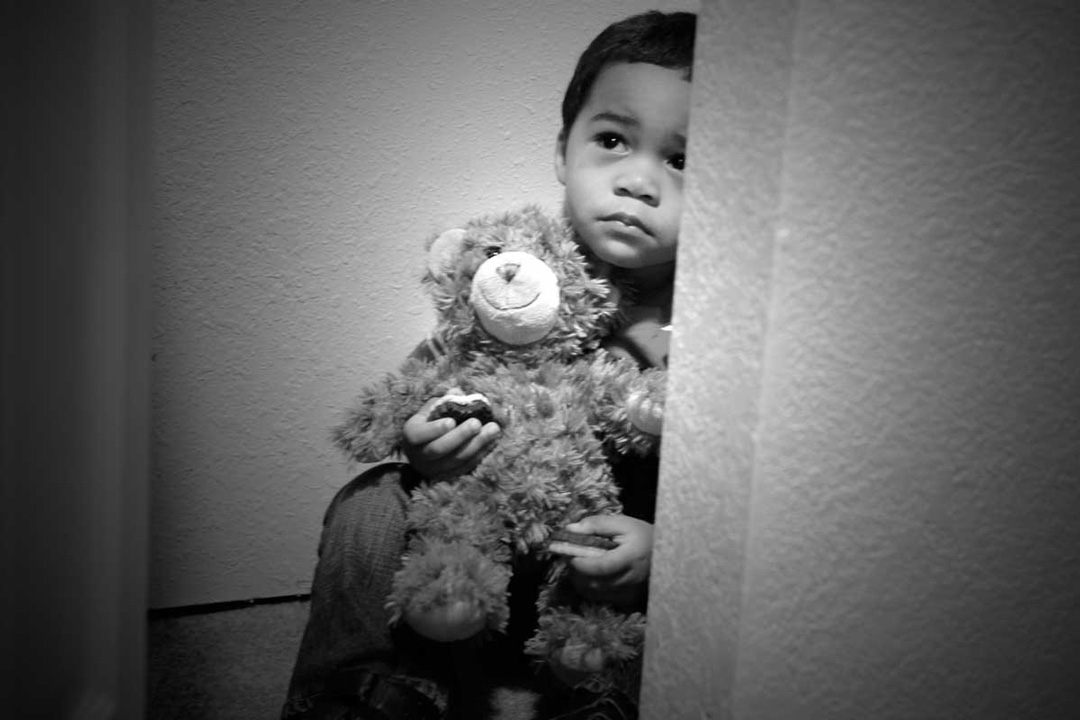
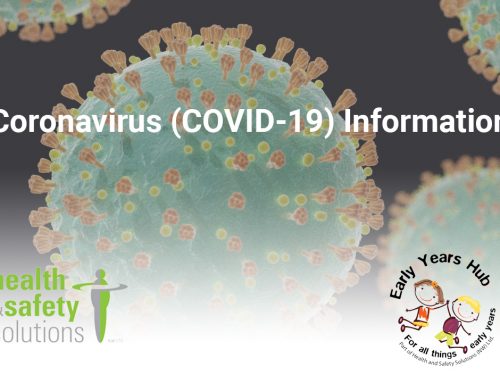
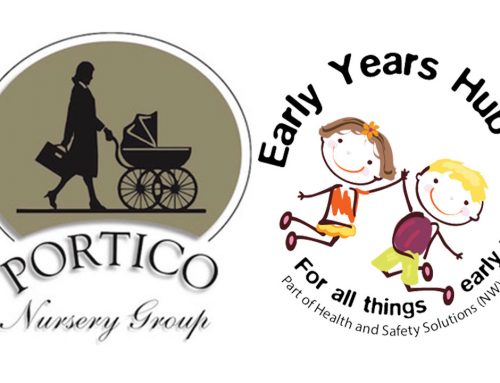
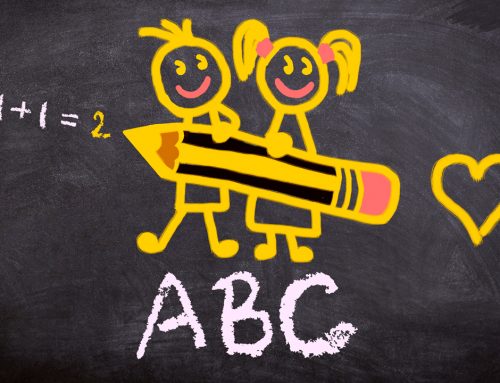
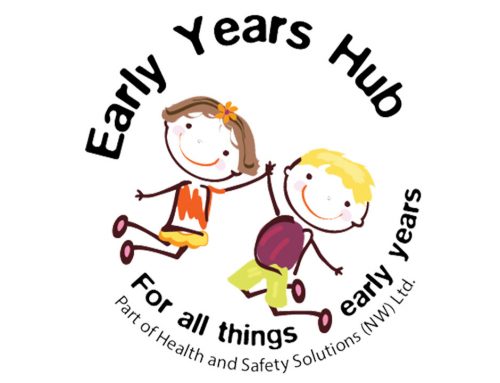

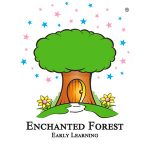
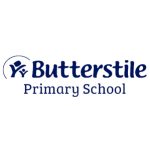



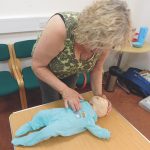
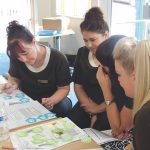
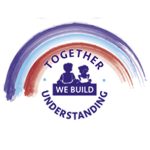

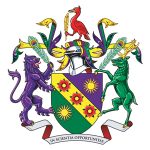

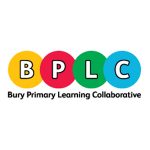

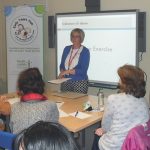
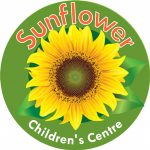
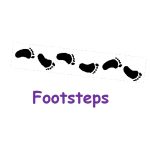
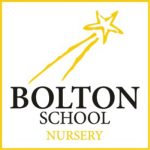
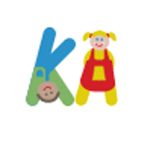
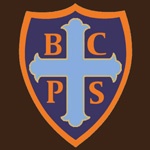
thank you